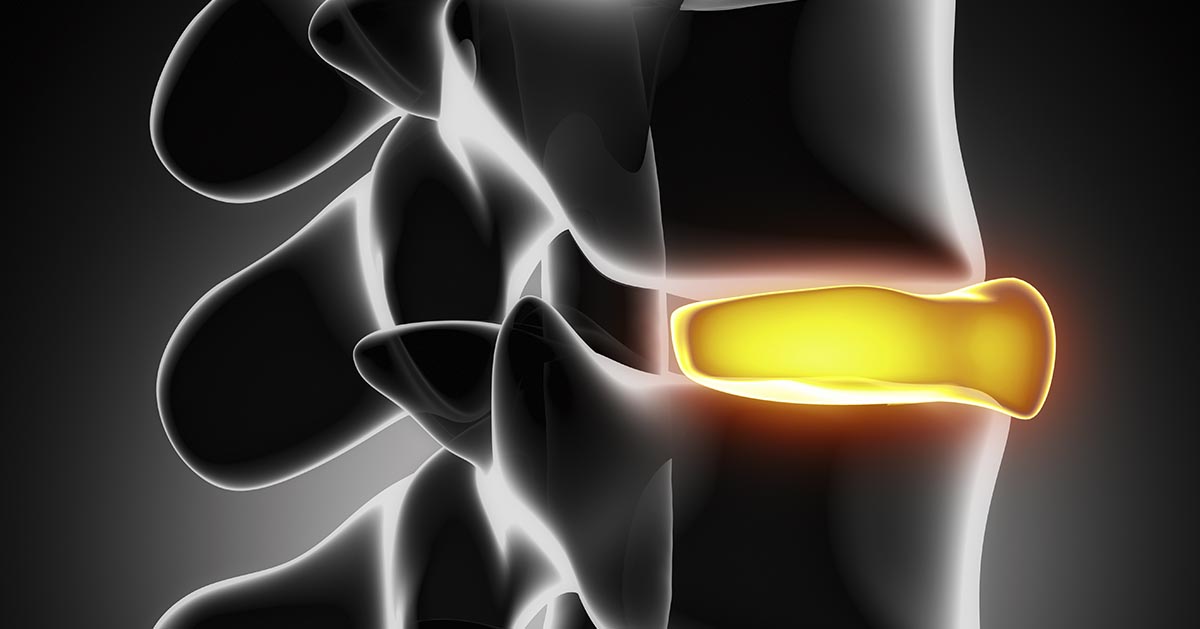Fear of Movement After Car Crash Hinders Recovery
Imagine what happens when you injure your neck in an auto injury... Your muscles contract, there's a burst of pain, and a soreness that makes you want to avoid moving your neck too much or turning too far. You may worry about re-injuring yourself or you may think, "I could do more harm than good by moving my neck." Unfortunately, not moving your neck after an auto injury can actually be worse for your recovery, especially for people after a car accident.
Read More






